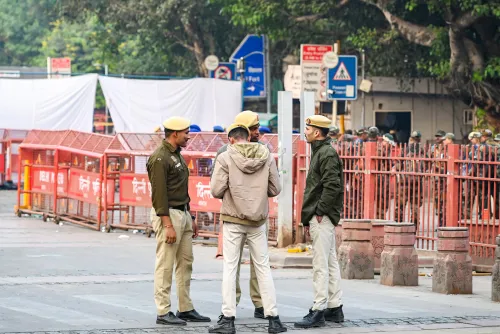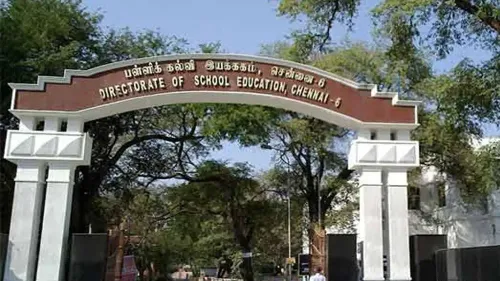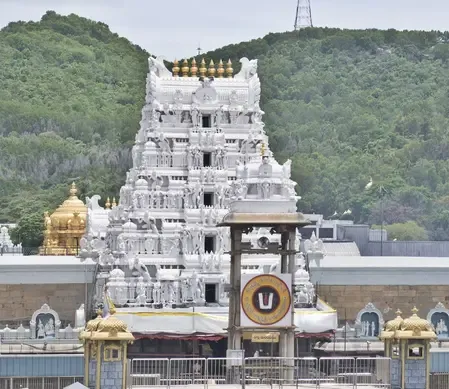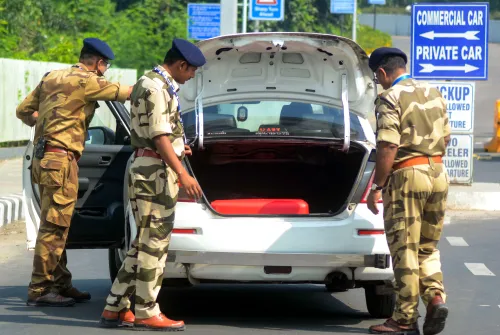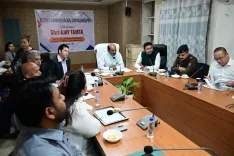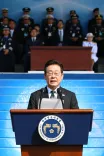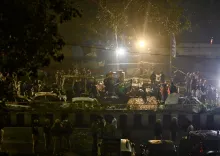Is South Korea's Ex-Interior Minister Linked to Martial Law Allegations?
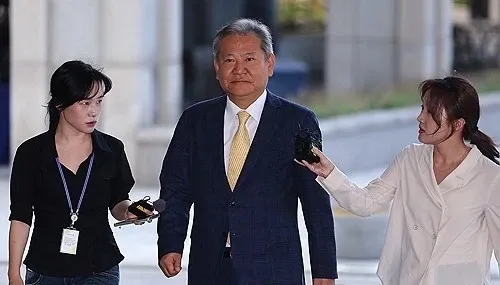
Synopsis
Key Takeaways
- Lee Sang-min is being questioned over his involvement in the martial law declaration.
- The investigation focuses on alleged orders to disrupt critical media services.
- Former President Yoon Suk Yeol may have influenced Lee’s actions through a memo.
- Lee denies all allegations and maintains he acted lawfully.
- Potential implications for South Korean democracy are significant.
Seoul, July 25 (NationPress) A team of special counsel is currently interrogating former Interior Minister Lee Sang-min regarding his purported role in the brief martial law enacted by former President Yoon Suk Yeol in December. Lee was summoned to provide answers to the team led by special counsel Cho Eun-suk amidst claims that he instructed the National Fire Agency to disrupt power and water services to certain media organizations critical of the Yoon administration on the night of the martial law announcement on December 3.
The investigation team suspects that Yoon provided a memo to Lee containing directives against specific news outlets such as Hankyoreh, Kyunghyang Shinmun, and MBC, alongside the opinion polling firm Flower Research.
Reports indicate that Lee contacted the head of the National Fire Agency immediately following the martial law declaration to ensure compliance with police requests for shutting off services to these media entities and the polling organization, as reported by Yonhap.
Previously, Lee testified during Yoon's impeachment trial in February, asserting that he never attempted to cut off services and that Yoon did not provide such orders.
The counsel team is investigating whether Lee played an active role as an accomplice in Yoon's martial law declaration.
Furthermore, Lee is expected to face questioning regarding alleged plans for a second martial law declaration with senior officials at a presidential safe house shortly after the National Assembly annulled the initial decree.
During prior police interviews, Lee has rejected these allegations.

